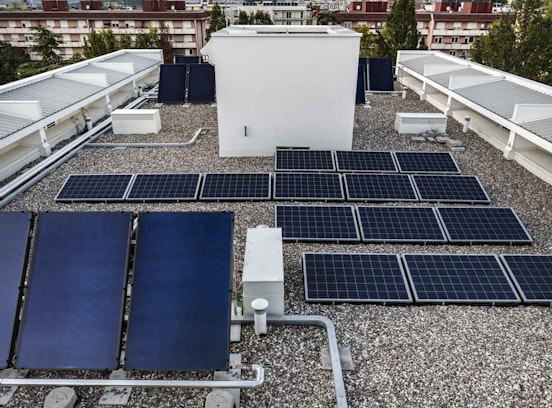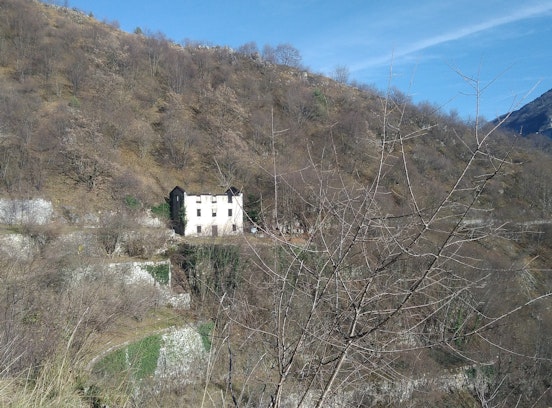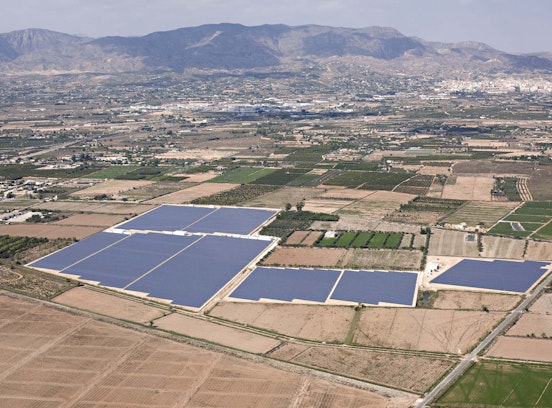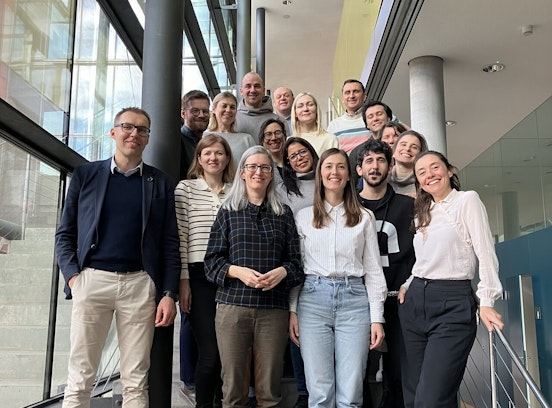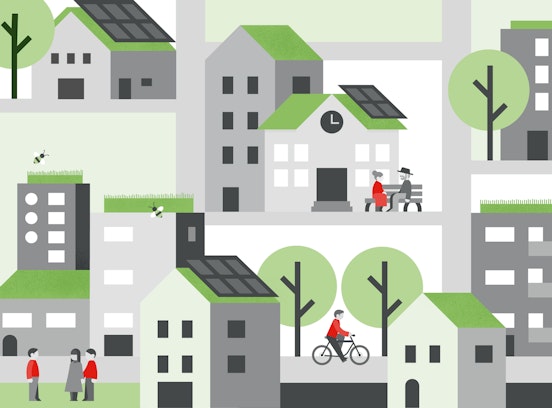Institute for Renewable Energy - News & Events - Green heating and cooling technologies
Green heating and cooling technologies
New study by Eurac Research which aims to identify the socio-economic barriers and drivers influencing the adoption of green H&C technologies across Europe.
- English
Eurac Research experts recently published a new study for the academic journal Sustainability. The study, entirely carried out by Eurac Research researchers, aims to identify the socio-economic barriers and drivers influencing the adoption of green H&C technologies across Europe. Employing a comprehensive analysis of policy, technological, and market dynamics, it indicates how a synergy of policy frameworks and market forces can enhance the diffusion of these sustainable technologies.
Despite the significant environmental and economic advantages that these technologies offer, their utilization remains limited, addressing only 23% of the region's H&C demand. Key barriers identified include for example the persistent reliance on traditional energy sources, issues related to the stability of electrical supply, lack of professional know-how, and concerns over noise and supply security.
However, the research highlights that strategic policymaking, combined with technological advancements, can effectively alleviate these challenges. To enhance the adoption of green H&C technologies, policymakers are encouraged to: Establish clear environmental targets, provide financial incentives for the transition to green technologies, and enhance training opportunities to build professional expertise in the field.
The study also emphasizes the importance of comprehensive data collection and the use of life cycle assessments (LCA) to address existing data gaps and comprehensively evaluate the environmental impacts of green technologies. Expanding research efforts to encompass emerging technologies and lesser-explored sectors—especially in southern and eastern Europe—will be crucial for successfully integrating renewable energy sources across all sectors.
The adoption of green H&C systems is not just a critical measure for reducing Europe's dependence on fossil fuels but also a vital step towards achieving broader sustainability objectives. The analysis provided in this study serves as a guiding roadmap for stakeholders to navigate socio-economic challenges and to accelerate the shift toward sustainable, efficient energy solutions throughout Europe.
Read the original article here




